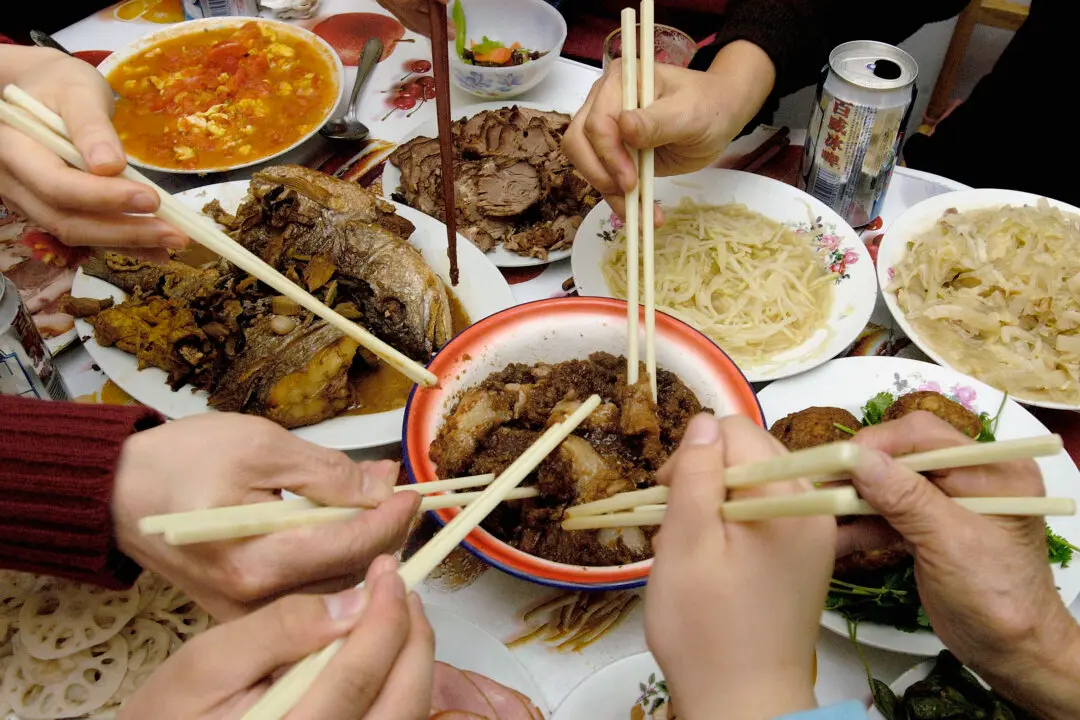Since the start of the CCP virus pandemic, around 1 in 20 “do not resuscitate (DNR)” orders in place in England were not agreed to in discussions with the persons concerned, their relative, or carer, risking a breach of their human rights, a new report found.
The report, published on Thursday by Independent health regulator Care Quality Commission (CQC), was commissioned by the Department for Health and Social Care (DHSC) last October due to concerns over inappropriate and blanket DNR decision making during the pandemic as a result of unprecedented pressure on care providers, confusion around guidance, and miscommunication.





